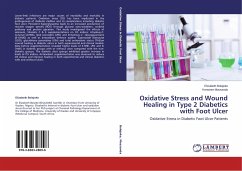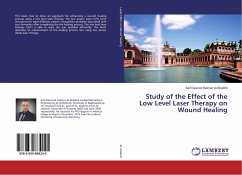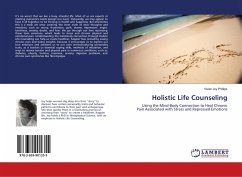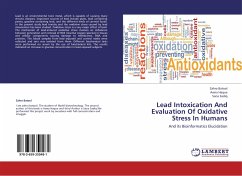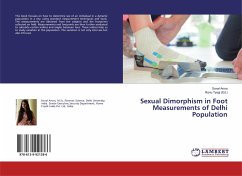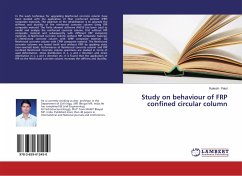Lower-limb infections are major causes of morbidity and mortality in diabetic patients. Oxidative stress (OS) has been implicated in the pathogenesis of diabetes mellitus and its complications including diabetic foot ulcer. Persistent hyperglycaemia leads to an increased production of reactive oxygen species (ROS) through glucose auto-oxidation, sorbitol pathway and protein glycation. This study investigated the effects of selenium, Vitamins C & E supplementations on OS indices: 4-hydoxy-2'-nonenal (4-HNE), lipid peroxides (LPO) and 8-hydroxy-2 -deoxyguanosine (8-OHdG) as well as antioxidant defence system: Superoxide dismutase (SOD), glutathione peroxidase (GPx) and total antioxidant status (TAS)on wound healing in diabetic ulcers in both experimental and clinical models. Data before supplementation revealed higher levels of 4-HNE, LPO and 8-OHdG in diabetic groups with or without ulcer compared with the non-diabetic groups. The diabetic ulcer groups exhibited greater increase in levels of OS indices. Antioxidant supplementation was observed to reduce OS indices and improve healing in both experimental and clinical diabetics with and without ulcers.
Bitte wählen Sie Ihr Anliegen aus.
Rechnungen
Retourenschein anfordern
Bestellstatus
Storno

